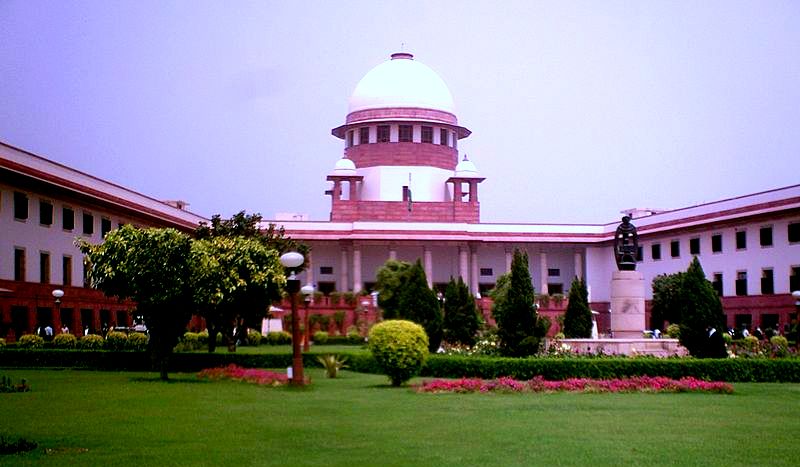Population Control: People Cannot Be Forced For Family Planning- Center Tells Supreme Court

New Delhi, December 12, 2020: The central government has told the Supreme Court that India is against forcing its people for family planning and determining the number of children for them. This leads to demographic distortions.
In an affidavit filed in the Supreme Court, the Ministry of Health stated that the family welfare program in the country is voluntary, enabling people to decide how big their family is and adopt family planning methods without any compulsion.
The ministry gave this reply in response to a PIL filed by BJP leader and lawyer Ashwani Kumar Upadhyay. An order of the Delhi High Court was challenged in this petition. The Delhi High Court rejected the demand for some other steps, including a two-child policy to control the country’s growing population.
The Health Ministry said that ‘public health’ is a subject within the ambit of state and state governments should lead the process of reforms in the health sector so that the common people can be saved from the health crisis. During this time, the ministry said that through effective monitoring and intervention on the implementation of guidelines and schemes, the state government can improve the health sector.
The Ministry said that it has no direct role in the implementation of guidelines and schemes in the states. The respective state governments have the prerogative to implement the schemes as per the laid down guidelines. The Ministry only allocates funds to the State Governments for the implementation of approved schemes.
The Ministry of Health and Family Welfare told the Supreme Court that India has adopted a comprehensive and overall National Population Policy (NPP) 2000 with clearly articulated objectives, strategic themes and operational strategies. The National Health Policy (NHP), 2017 provides policy guidance to inform, clarify, strengthen and prioritize the role of government in shaping the health system. The ministry said that the overall fertility rate (TFR) is witnessing a steady decline. It aims to reach 2.1 by 2025. The fertility rate at the time of adoption of NPP was 3.2. It fell to 2.2 in 2018.








